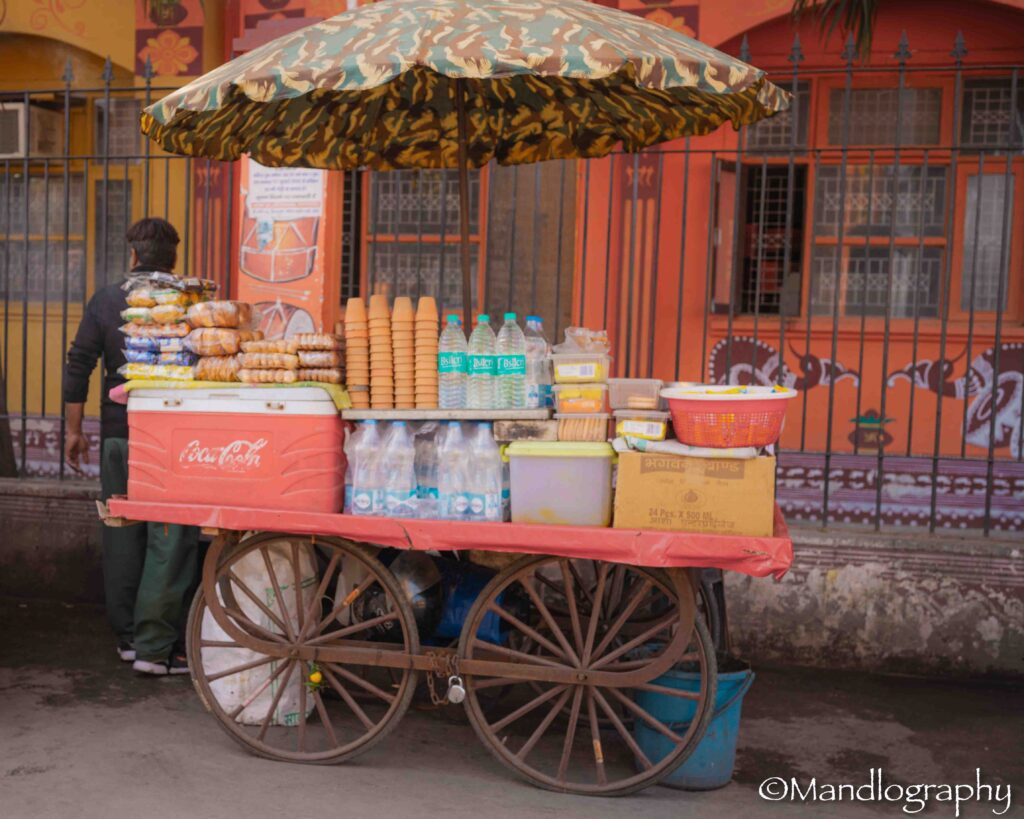
10 Tips to a stress free street-food culinary experience
Every trip is an opportunity to immerse oneself in the local food culture. In many parts of Asia and South America, I have found that street food is very much part of the culture. As
Zimbabwe is a landlocked country in southern Africa known for its dramatic landscape and diverse wildlife, much of it within parks, reserves and safari areas.
Harare
United States Dollar
15.3 million (2020)
Shona, Ndebele, English, Venda, Tonga
Greet people as you enter a room
Wear clothing that is neither too revealing nor short. Don’t shake someone’s hand with your left hand
Africa
Bonus
I was born and raised in Zimbabwe. Growing up, I went on various trips around the country, but it is not until I left the country that I gained an appreciation of how amazing Zimbabwe is – I guess we tend to always look elsewhere for beauty when it could be staring directly at us. I may sound biased but this view is shared by various people I have met across my travels. This is what led me to revisit and explore my home-country with a different lens. Zimbabweans are generally friendly and helpful people. They like to have a good time and therefore, if you are open to it, a visit is an adventure that will be etched in your memory forever.
Zimbabwe has experienced economic challenges over the last few years which were denoted, at its worst, by hyper-inflation in 2008. However, since then, although many economic challenges still exist, the use of the U.S dollar helped alleviate some of the issues. The country is rich in minerals and natural resources such as cotton, tobacco, gold, platinum and flowers. A few diamond mines have been found across the country too. The economic crisis/sanctions led to the exit of a number of international organisations, which contributed to an increase in the unemployment rate in the country. People have had to become enterprising and creative, deriving value out of the natural offerings of the land. One trait I find amazing about Zimbabweans is the ability to make light of the challenges, to an outsider it may sound dark, but I guess it is a coping mechanism of sorts, as the people have been through a lot in the last couple of decades.
People mostly visit Zimbabwe to see one of the 7 natural wonders of the world, Victoria Falls, as well as the wildlife in the many game reserves across the country. For nature and history enthusiasts like myself, there is so much more Zimbabwe has to offer such as the Great Zimbabwe, a medieval city in the south-eastern hills of Zimbabwe near the town of Masvingo which was inhabited by the Shona speaking people, Khami Ruins, a world heritage site that was once the Capital of the Butwa Kingdom of the Torwa Dynasty, mountain ranges in the eastern part of the country, the Eastern Highlands, with landscapes, flora and fauna to boot, Matopos Hills, a range of balancing rock formations created by erosion of the granite plateau, as well as a number of rivers, lakes and dams across the country.
The staple food of the country is a thick mealie meal porridge called sadza in Shona and isitshwala in Ndebele. It is enjoyed with a number of relishes such as green vegetables or any type meat stew or grilled meat. I highly recommend a home braai, if you have the opportunity or a visit to one of the open air bbq spots dotted around the country. Consider this as you would ‘street food’, in your assessment of where to eat. Another interesting aspect of Zimbabwean food is that when it comes to animals – traditionally nothing goes to waste, from the head to the hooves. There are various established ways to cook different parts of the animal and various ways to use the inedible parts of the animal.
English | Shona |
Hello | Mhoro |
Goodbye | Sara mushe |
Please | Ndapota |
Thank you | Maita basa |
How much? | Marii? |
Do you speak English? | Munotaura chirungu here? |
Where is the toilet? | Chimbuzi chiri kupi? |
May I please have some water? | Ndokumbirawo mvura yekumwa? |
May I please have some food please | Ndokumbirawo chikafu |
Where can I get a taxi? | Ndowanepi muchovha? |
Places visited
NEWS & UPDATES

Every trip is an opportunity to immerse oneself in the local food culture. In many parts of Asia and South America, I have found that street food is very much part of the culture. As

